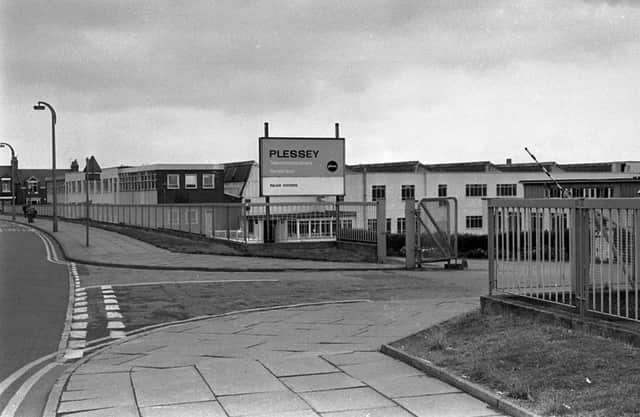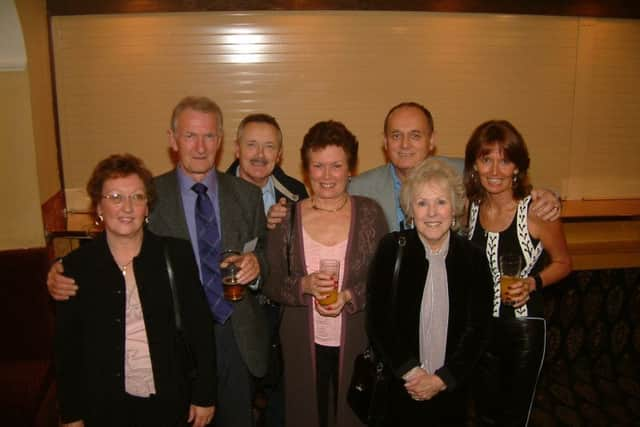Remembering the Sunderland plant which employed 3,000 people


He remembers it fondly and reckons most of the thousands of others who worked at the plant think the same.
And it’s thanks to Kevin that we can share these memories of the factory which closed just over 40 years ago.


Advertisement
Hide AdAdvertisement
Hide AdKevin got in touch after we recently reported on the year when Plessey was about to face its demise in Sunderland.
We told how, in 1977, a top Wearside delegation was to meet Government officials in London over the fate of the 2,000 Plessey jobs on Wearside.
A meeting of representatives of 15 organisations decided at Sunderland Civic Centre to send representatives to discuss the factory’s closure with Alan William, Minister of State at the Department of Industry at the time.
Kevin remembered those times well and told us: “I worked at Plessey after graduating and was a junior manager (Quality Assurance) when it closed in 1977.


Advertisement
Hide AdAdvertisement
Hide Ad“Almost everyone I have known to work there, still talks fondly of their time. At its height it employed more than 3000 staff in an executive block, training school, machine shop and three of the most highly skilled assembly factories within the telcommunications industry.
“It closed in 1977 after the Labour government under Harold Wilson had to save money and slashed telecoms investment in 1976 and the UK lost 15,000 jobs across the industry.”
Work was transferred to Liverpool and Nottingham but Kevin said they “never did achieve the quality standards for specialist red label relays that Sunderland delivered month after month.”
Kevin also remembered the workers protests against plans to shut the factory.
Advertisement
Hide AdAdvertisement
Hide AdHe said: “The sit-in union action was always destined to fail but the solidarity shown was admirable in sentiment. Sunderland manufactured mostly Strowger exchange equipment that was being superseded by electronic PCB style switches and we had met demanding standards in a short period of time but never got the chance to keep a smaller unit open that might have retained a presence in the town.
“More than 2000 lost their jobs,many of them female, in a factory that provided well paid employment for the time in wiring, relay adjust, assembly and support functions.
“Our Quality department delivered BS9000 systems and innovative ideas of the time such as Quality circles, System Audits, sophisticated sampling plans and electronic inspection skills that are taken for granted in Nissan and other plants now.
“In hindsight, we were far better than we realised and should be proud of what Sunderland gave to the telcomms manufacturing industry of the day.
Advertisement
Hide AdAdvertisement
Hide Ad“The Post Office of the day had resident inspectors on site to verify quality of manufacturing before releasing up to 100,000 items a week for shipment and Sunderland was one of the first in the country that achieved standards that allowed us to ship direct based on our own inspection records.”
As an indication of how well regarded the site was, Kevin and a colleague Allan Jackson from number 3 factory organised a reunion after 25 years.
It was held at the Roker Hotel in 2002 and Kevin told us: “More than 300 turned out including many that travelled from further afield.”
There were characters galore, he said, and they included Jack Grey – a sprightly production manager in number 4 factory who served as one of the elite fleet Air Arm during the Second World War. He was “well known to many members of staff,” said Kevin.
Advertisement
Hide AdAdvertisement
Hide AdAnother well-known colleague was Harriet Hopper, the union representative who “worked tirelessly on behalf of others,” said Kevin.
But what do you remember from your time at Plessey? Who are the workmates you recall? How long were you there and which section did you work in?
Share the memories. Get in touch by emailing [email protected]